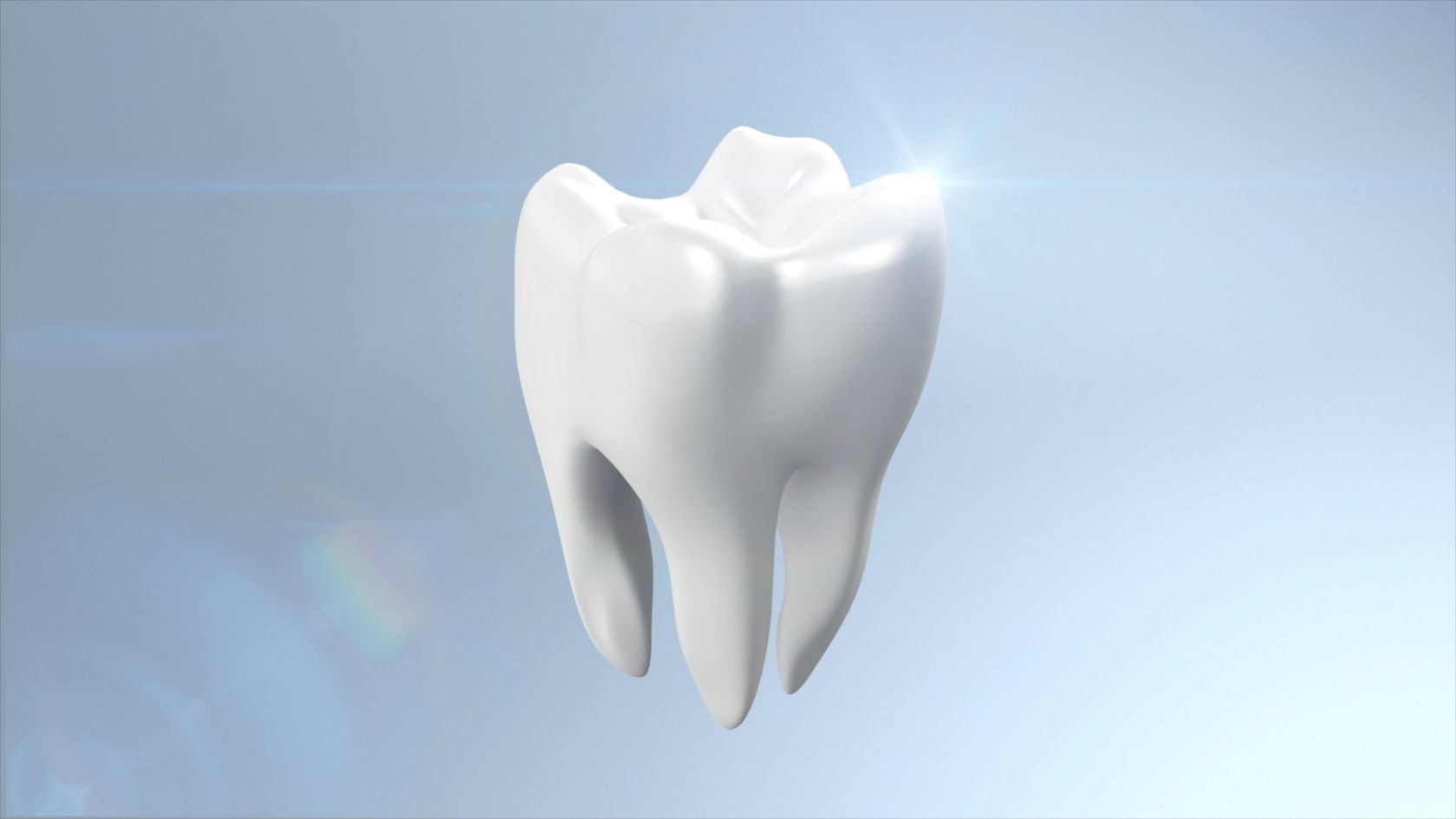Wisdom teeth, the third set of molars that typically emerge in late adolescence or early adulthood, can often bring with them a host of issues. From pain and discomfort to potential dental misalignment, these teeth can cause more harm than good. In many cases, removal becomes necessary to alleviate symptoms and prevent further complications. In this comprehensive guide, we’ll delve into the process of wisdom teeth removal, including its cost, potential side effects, and tips for managing pain during recovery. So the main question is Can I brush My Teeth After Wisdom Teeth Removal?

Can I brush My Teeth After Wisdom Teeth Removal
Wisdom Teeth Removal:
Wisdom teeth removal, also known as third molar extraction, is a common dental procedure performed by oral surgeons or dentists. The process involves surgically extracting one or more wisdom teeth to address various concerns, such as impaction, overcrowding, or infection. While the extraction procedure itself is relatively straightforward, the recovery period can vary from person to person.
Cost of Wisdom Teeth Removal:
The cost of wisdom teeth removal can vary depending on several factors, including the complexity of the extraction, the number of teeth being removed, geographical location, and whether sedation or anesthesia is required. On average, the cost of removing a single wisdom tooth can range from $75 to $200 for a simple extraction and $225 to $600 for a surgical extraction. However, these costs may increase if additional procedures or treatments are necessary.
Side Effects of Wisdom Teeth Removal:
Like any surgical procedure, wisdom teeth removal carries certain risks and potential side effects. Some common side effects include swelling, bruising, pain, bleeding, and temporary numbness in the mouth and lips. In rare cases, more serious complications such as infection, nerve damage, or dry socket may occur. However, following post-operative instructions provided by your dentist or oral surgeon can help minimize these risks and promote a smoother recovery.

Managing Wisdom Teeth Pain:
Pain management is a crucial aspect of wisdom teeth removal recovery. Your dentist or oral surgeon may prescribe pain medication to alleviate discomfort during the initial days following the procedure. Additionally, applying ice packs to the affected area and avoiding hard or crunchy foods can help reduce swelling and soreness. It’s essential to follow any dietary and hygiene guidelines provided by your dental care provider to promote healing and prevent complications.
Brushing Your Teeth After Wisdom Teeth Removal:
One common question many patients have is whether they can brush their teeth after wisdom teeth removal. While it’s important to maintain good oral hygiene, it’s crucial to be gentle around the extraction site to avoid disrupting the healing process. Your dentist or oral surgeon will likely provide specific instructions on when and how to brush your teeth following the procedure. Typically, you may be advised to avoid brushing the extraction site directly for the first few days and instead rinse your mouth gently with a saline solution or prescribed mouthwash.

How long does pain after wisdom tooth extraction last
Conclusion:
Wisdom teeth removal is a common dental procedure aimed at addressing various issues associated with the eruption of third molars. While the process may involve some discomfort and recovery time, the benefits of removing problematic wisdom teeth far outweigh the temporary inconvenience. By understanding the cost, potential side effects, and proper post-operative care, you can navigate the process of wisdom teeth removal with confidence and ensure a smoother recovery journey. If you have any concerns or questions about wisdom teeth removal, don’t hesitate to consult your dental care provider for personalized guidance and support.








